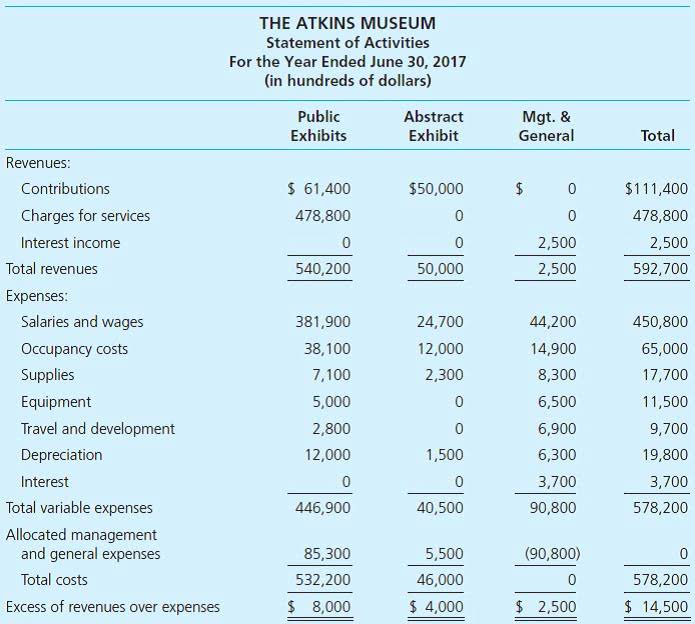
One popular alternative is to utilize robo-advisors—automated platforms that provide investment management services at a fraction of the cost of traditional advisors. These platforms often have low fees and use algorithms to manage portfolios based on individual risk tolerance and investment goals. Being proactive about these factors will empower you to invest intelligently while being aware of all potential costs impacting your portfolio’s performance. Investors who engage in real estate investing may have clearer avenues for deductions. If you hire a property management company to oversee rental properties, the fees may be tax-deductible as they are considered necessary expenses within the realm of property management. Even though financial advisor fees are no longer tax deductible, there are several strategies investors can use to reduce their tax burden.

How Does the IRS Treat Property Management Fees?
So I can’t ask the brokerage as the “investment advisory fees” is not their what are retained earnings terminology. In an ever-changing economic environment, we want to reach out and help you navigate some recent legislative changes. We know some of our clients pay their advisory fee by check or deduct the fee from a taxable account for the purpose of a miscellaneous tax deduction. The recently passed Tax Cuts and Jobs Act brings forth a wide variety of changes to the US tax code, including eliminating the itemized deduction for advisory fees for the 2018 tax year. For irrevocable trusts, investment fees may qualify for deduction, ultimately reducing the taxable income of the trust. Revocable trusts, while potentially less directly impacted by such fees for tax purposes, remain subject to individual tax implications.

Financial advisory fees
However, Suspense Account a proper management services agreement and proper record keeping, appear to be often overlooked by the taxpayers. This case demonstrates the importance of having a proper management services agreement which clearly set out all the salient terms (e.g. obligations, liabilities, record keeping of services rendered), and proper record keeping. Otherwise, the taxpayers may run the risks of not being able claim a tax deduction on the management fees expenses incurred.
Trusts and Notable Tax Regulations
As of 2025, investment management fees are no longer deductible for individual taxpayers due to changes introduced by the Tax Cuts and Jobs Act management fees (TCJA) of 2017. The TCJA suspended all miscellaneous itemized deductions subject to the 2% adjusted gross income (AGI) floor for tax years 2018 through 2025. However, the Tax Cuts and Jobs Act (TCJA), enacted in 2017, significantly altered the tax landscape. The TCJA suspended many itemized deductions, including the deduction for miscellaneous itemized deductions subject to the 2% AGI floor. Consequently, taxpayers can no longer deduct investment management fees on their federal income tax returns for the tax years spanning 2018 to 2025.


Tax laws can be complex and are subject to change, so having a knowledgeable professional can ensure you receive accurate and current advice tailored to your specific financial situation. A tax professional can help you understand which fees may be deductible and guide you on how to report these fees on your tax returns. Historically, investment management fees were considered miscellaneous itemized deductions. However, the Tax Cuts and Jobs Act (TCJA) of 2017 significantly impacted the deductibility of these fees.
- Before diving into the specifics of tax deductibility, it’s essential to understand what trusts are and how investment management fees function.
- Examine your property management agreement closely to understand what is included in the fees.
- Changes enacted under the TCJA are slated to expire in 2025, potentially reopening the door to measures put in place prior to 2018.
- We’ll show you how to structure and craft a discovery process to uncover what truly matters and connect with clients on a deeper level.
- For instance, if your portfolio generated a gross return of 10% for the year with a management fee of 1%, your fee-adjusted return is 9%.


